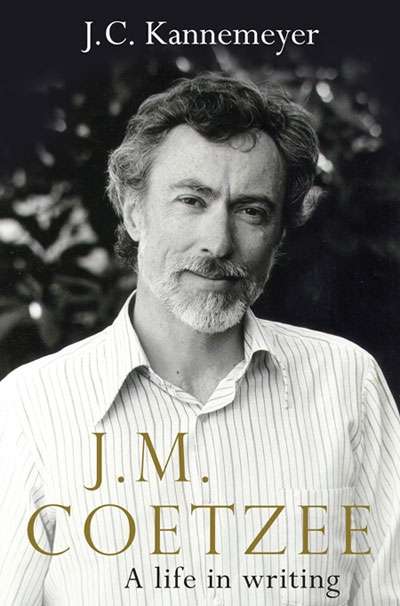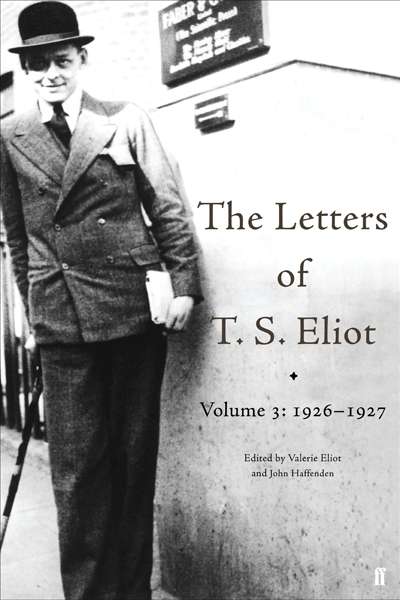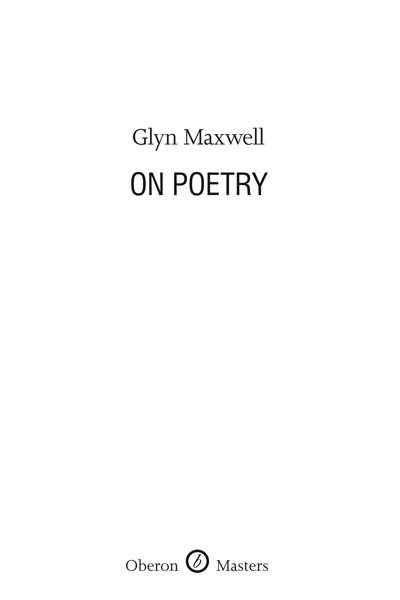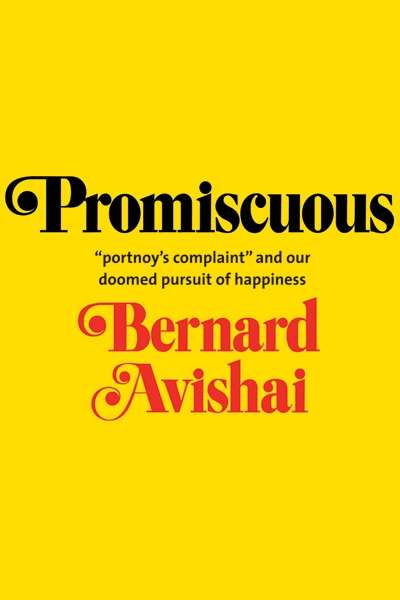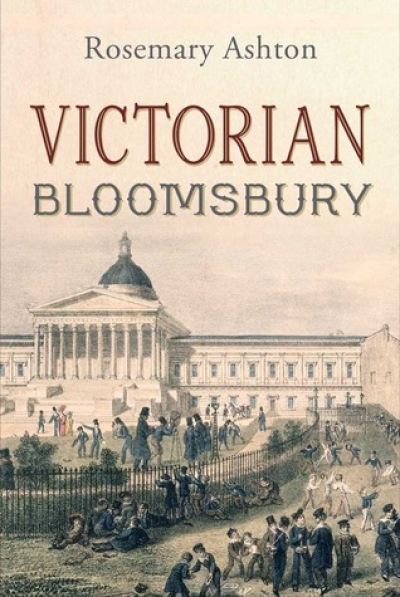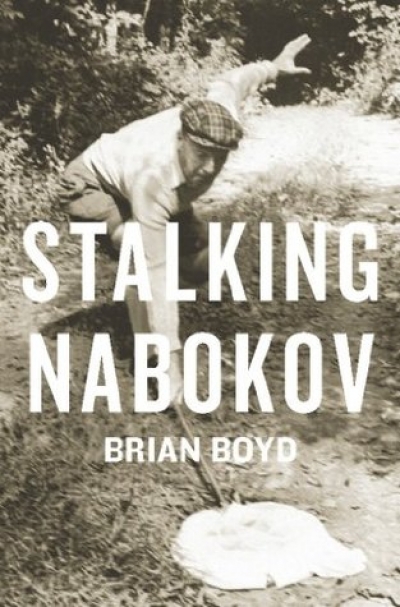Literary Studies
J.M. Coetzee: A Life in Writing by J.C. Kannemeyer, translated by Michiel Heyns
When I heard that someone was writing Coetzee’s biography, I thought he must be either brave or foolish. After all, Coetzee’s own approach to autobiography is slippery, to say the least. J.C. Kannemeyer was (he died suddenly on Christmas Day 2011) a South African professor of Afrikaans and Dutch, a veteran biographer, and a literary historian. Coetzee co-operated fully, granting extensive interviews, making documents available, answering queries by email, and offering no interference. ‘He said he wanted the facts in the book to be correct. He did not wish to see the manuscript before publication.’ In other words, he behaved impeccably. Any suspicion that Coetzee’s Summertime (2009), in which a biographer researches the late J.M. Coetzee’s life, is based on his experience of being Kannemeyer’s subject is removed by the epilogue. Summertime was conceived and largely written before the biography was contemplated.
... (read more)It is a brilliant summer day in July 1935. The scene is a house called Green Ridges, near Hastings, Sussex. Two women, seated but not relaxed, face each other across a formal drawing room. This is the first time they have met. Nettie Palmer, Australian writer and journalist, has come to stay overnight with the novelist Henry Handel Richardson.
... (read more)White Papers are falling on Australia like confetti. We had two on foreign affairs and one on terrorism in the seven years to 2004; the third one on defence in four years will appear this year, and in October 2012 Ken Henry delivered Australia in the Asian Century. Defence White Papers are perennially concerned with Australia’s need for the material and money to protect us against certain countries, which are rarely named. The Asian Century paper, on the other hand, explicitly names China among the five ‘key regional nations’ to be given priority in order to bring ‘a stronger national purpose and cohesion’ to the relationship with Australia. The Defence White Paper will be sober in tone, as Menzies was when announcing his ‘melancholy duty’ in 1939, or resolute, as was Curtin in declaring Australia’s shift of dependence to the United States in 1941. In contrast, The Asian Century adopts cheerful, forward-looking slogans. Australia’s success ‘will be based on choice, not chance’, it says; ‘the tyranny of distance is being replaced by the prospects of proximity’; and Australia is ‘located in the right place at the right time’. Asia is so important, says Dr Henry, that it is going to be ‘the main game not only economically but in almost any sense of national significance’.
... (read more)The Letters of T.S. Eliot: Volume 3: 1926–1927 edited by Valerie Eliot and John Haffenden
‘I am back again in London and smothered in work.’ Volume Three of T.S. Eliot’s letters opens to the poet working ‘hours [that] are long and late’, ‘under great pressure’ as a newly appointed professional editor and publisher. Eliot resigned from Lloyds Bank in late 1925 to join the board of Faber and Gwyer. The publishing house bought part of the Criterion, the literary periodical that Eliot produced alongside his banking job, and reissued it in January 1926 as the New Criterion, with Eliot as full-time, salaried editor.
... (read more)‘T his is a book for anyone,’ begins On Poetry, by the English poet Glyn Maxwell. It is a bold gesture, returning an ancient art to ‘anyone’ interested in it. Inasmuch as any book can be for everyone, On Poetry is such a book. It is funny, original, and doesn’t presuppose expertise on the part of the reader. It is the best book on reading and writing poetry for a general audience that I have ever read.
... (read more)Promiscuous: Portnoy’s Complaint and Our Doomed Pursuit of Happiness by by Bernard Avishai
I nitially banned in Australia, Portnoy’s Complaint (1969) is Philip Roth’s early, bestselling, satirical tour de force. Alexander Portnoy addresses a long monologue to his analyst, Dr Spielvogel. Among other things, the monologue tackles Portnoy’s erotic and ethical shortcomings, lingering in particular over his father’s familial and economic emasculation, his mother’s overbearing cleanliness and affection, his fraught relationship to Jewishness, and a selection of doomed love interests. Portnoy’s Complaint is by turns comedic, tragic, confronting, illuminating, anguished, and jubilant.
... (read more)In 1579, with the publication of The Shepheardes Calendar, Edmund Spenser (c.1552–99) burst onto the English literary scene. From the beginning, he was one of the oddest of great writers. The Calendar was a work of remarkable ambition. Spenser’s unlikely shepherds ‘piped’ poems to each other, using a pseudo-archaic dialect and a variety of elegant verse forms. The nature of Spenser’s talent was already apparent: his fascination with time and pattern, his extraordinary facility with words and verse forms, his combination of melancholy nostalgia and bold ambition. For, if the Calendar was characterised by a tone of complaint, it also showed a new and deliberate concern with fame.
... (read more)‘Victorian Bloomsbury’ appears to be a contradiction in terms. ‘Bloomsbury’, as in ‘the Bloomsbury Group’, is shorthand for the group of writers, artists, and thinkers including Virginia and Leonard Woolf, Clive and Vanessa Bell, Duncan Grant, and Maynard Keynes, who gathered in the area of central London between Euston Road and Holborn in the early decades of the twentieth century. Disparate in some ways, they united in reaction against what they felt to be the oppressive social conventions and outmoded values of the Victorian period, a reaction epitomised by Lytton Strachey’s irreverent Eminent Victorians (1918).
... (read more)Apollo in George Street: The Life of David McKee Wright by Michael Sharkey
David McKee Wright is a curious figure in Australian poetry – and in New Zealand poetry, for that matter. As editor of the Bulletin’s Red Page from 1916 to 1926, he was a well-liked and -respected figure in his own time (1869–1928), but he has seriously faded since. He is thinly represented in a number of anthologies, both here and in New Zealand, and was omitted altogether from Robert Gray and Geoffrey Lehmann’s anthology Australian Poetry Since 1788 (2011).
... (read more)We are all exiles. In time, if not in space, we are inevitably parted from what is most familiar and dear to us. ‘Loss’ is stamped in all our passports. Vladimir Nabokov understood exile better than anyone. Heir to a wealthy landowning family in Imperial Russia, he escaped the communist revolution of 1917 to a life of genteel poverty in a Berlin boarding house. Eking out a living as a tennis and language tutor, he built a reputation by the 1930s as one of the best Russian writers alive. With his Jewish wife, Vera, Nabokov fled from Germany to France, and then to the United States. His father, a prominent liberal, was shot by a right-wing assassin in 1922. His gay brother, Sergey, was murdered in a concentration camp in 1945.
... (read more)

